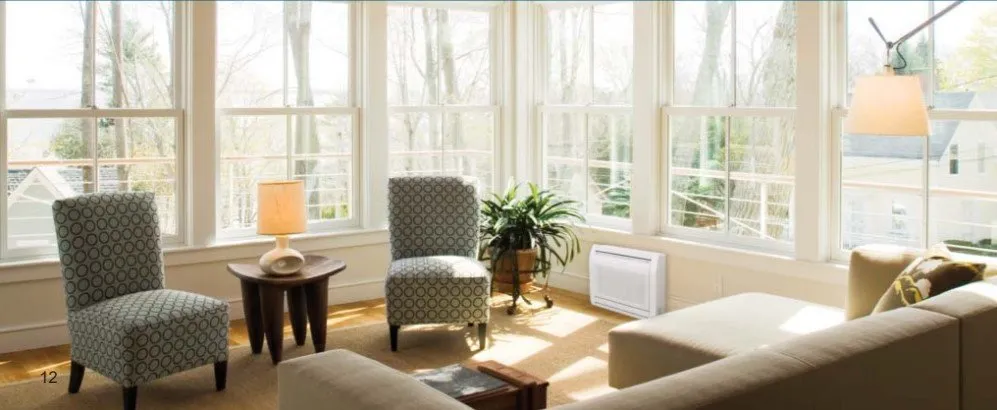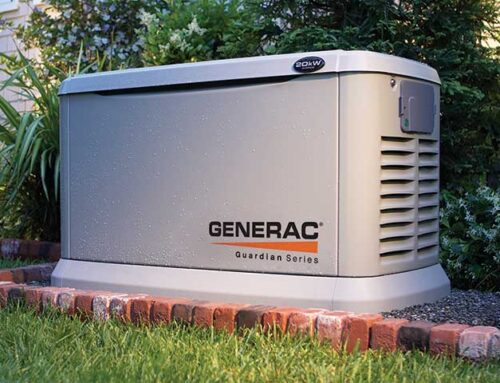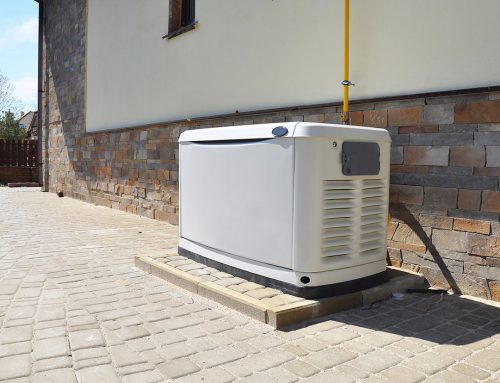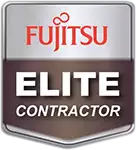
How long do heat pumps last? Despite common beliefs, there isn’t a dramatic difference in the life spans of ducted heat pumps, ductless heat pumps, and air conditioners. While some think heat pumps have shorter lifespans because they’re used for both heating and cooling, proper maintenance is a bigger factor in determining system longevity.
Maintenance Is the Key
One often overlooked factor in heating and cooling system lifespans, especially for mini-split heat pumps, is maintenance – or the lack of it. Some ductless heat pump owners think of their heat pump as just another home appliance like a TV or refrigerator. You never schedule routine maintenance for those home appliances, so why would you schedule maintenance for your ductless heat pump?
This misconception is what can easily lead to a decreased life span and reduced efficiency. Maintenance is vital to your heat pump’s efficiency. In fact, it is required at least once or twice a year if used for both heating and cooling. A high-quality, properly maintained heat pump, or ductless mini-split system can operate for 20 years or longer.
Comparing HVAC System Life Spans
If there’s life span parity between heat pumps and air conditioners, the longevity award would go to boilers. Then furnaces are just slightly ahead of ACs and heat pumps. Whether furnaces last longer than air conditioners or heat pumps on average is debatable. Many general estimates for furnace life spans are in the range of 20 to 25 years.
However, those age estimates are made with the assumption that the heating systems are properly maintained. Boilers are particularly vulnerable to leaks in their heat exchangers, which can compromise the boiler decades early.
Furnaces also require annual maintenance just like other HVAC systems. Replacing heat exchangers, furnaces, or boilers can be very expensive depending on the fuel it uses, the model, and the size.
The Cost of Maintenance
Purchasing and installing a furnace or boiler can cost two to four times what you’d spend on a high-quality, single-zone ductless heat pump. The risk of early replacement or expensive repairs is why it’s in your best interest to keep up with maintenance, regardless of the type of heating or cooling you use in your home or business.
Quality Matters Most
Whether you’re talking about boilers, furnaces, or ductless heat pumps, estimated system longevity has a lot to do with the overall quality. There are cheaper options for nearly every product, but “You get what you pay for” is especially true when it comes to heating and cooling systems.
Cheaper systems likely won’t last as long, might have more frequent breakdowns, will cost more to operate than more efficient systems, and generally don’t offer the same level of performance as a higher-end heating or cooling system.
Whatever you choose for your home or business’s heating or cooling, keep in mind the consequences of purchasing the cheapest model.
The Long-Term Benefits of Efficiency
SEER ratings are particularly useful for demonstrating this point. A household that spends roughly $1,000 a year running its 14 SEER heat pump might only need to spend $650 a year to get the same cooling performance out of a 20 SEER heat pump.
Approximately $350 of savings per year from a heat pump with a 20-year life expectancy equals $7,000. That might not be that far off from the price of a new system purchase and installation.
It’s easy to look at costs on a short-term basis. Saving $1,000 today might seem preferable to saving $7,000 in 20 years. However, if you do have the financial resources and flexibility to take the longer view, investing in quality and efficiency will pay dividends.
Get a Great Mini-Split Heat Pump
If you want a new, high-quality ductless heat pump for your home or business, contact Valley Home Services. We install reliable, high-quality units that boast great performance and efficiency ratings, even during our cold Maine winters.







